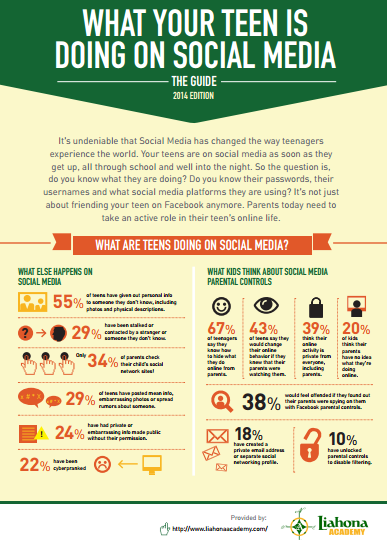Instagram is a social networking site that allows children to share their pictures with friends and family. As a parent you might be wondering if your child is ready for Instagram. There are positive and negative things about letting your child on such a site. One thing is that they can share fun photos with everyone on their friends list. Maturity and age are always a factor in your choice to allow your child on Instagram or not. There is an age restriction where you have to be at least 13 years of age but there are plenty of children younger than this on the site.
Make sure your child keeps their page private. This makes it so that only people on their friends list can view their pictures. You want this because there are people out there who are looking on a site like this to look at young children’s photos. There can even be a problem with their own classmates being on their page. Some children are known to put crude comments about people’s pictures which can affect your child’s self-esteem. Instagram can unfortunately be a breeding ground for cyberbullying.





.jpg)



3.jpg)

.jpg)


2.jpg)



